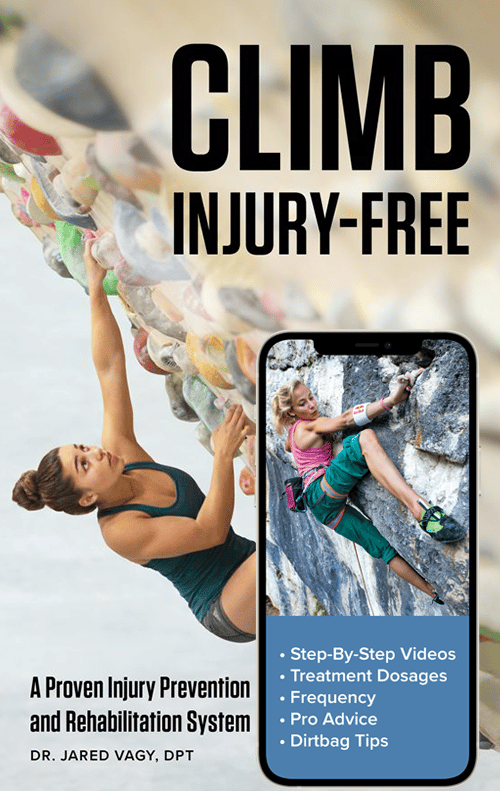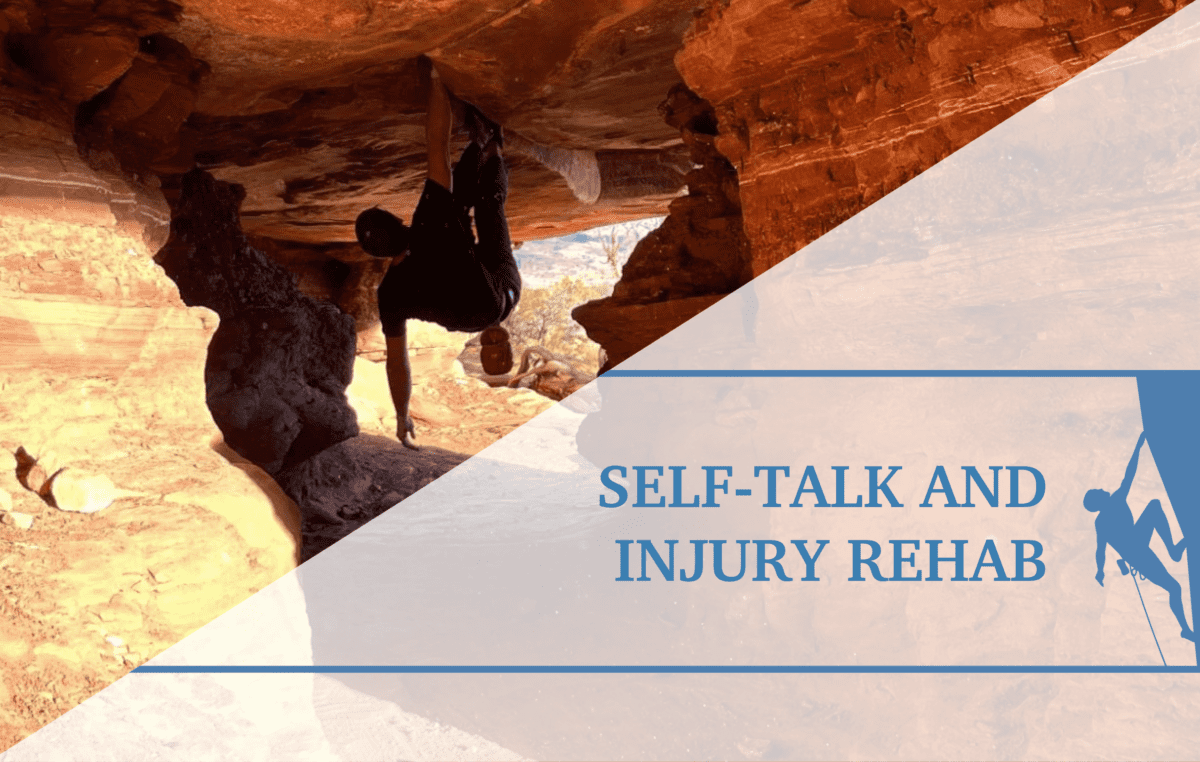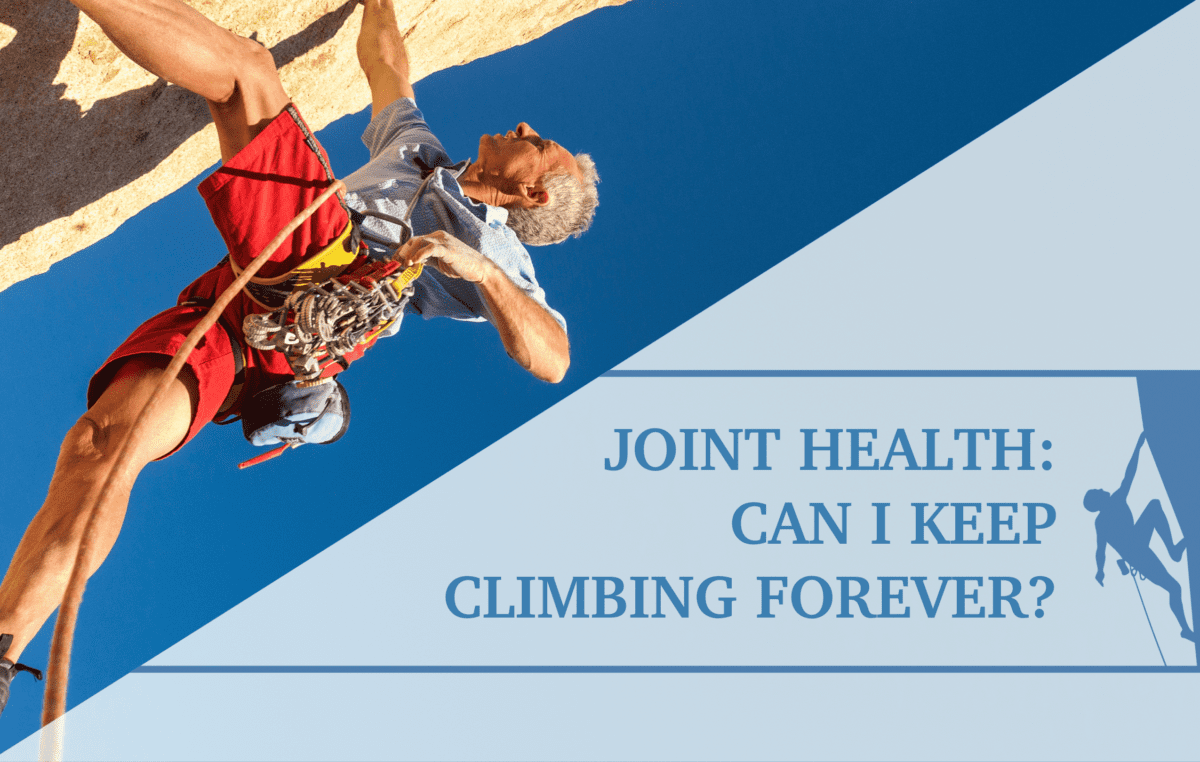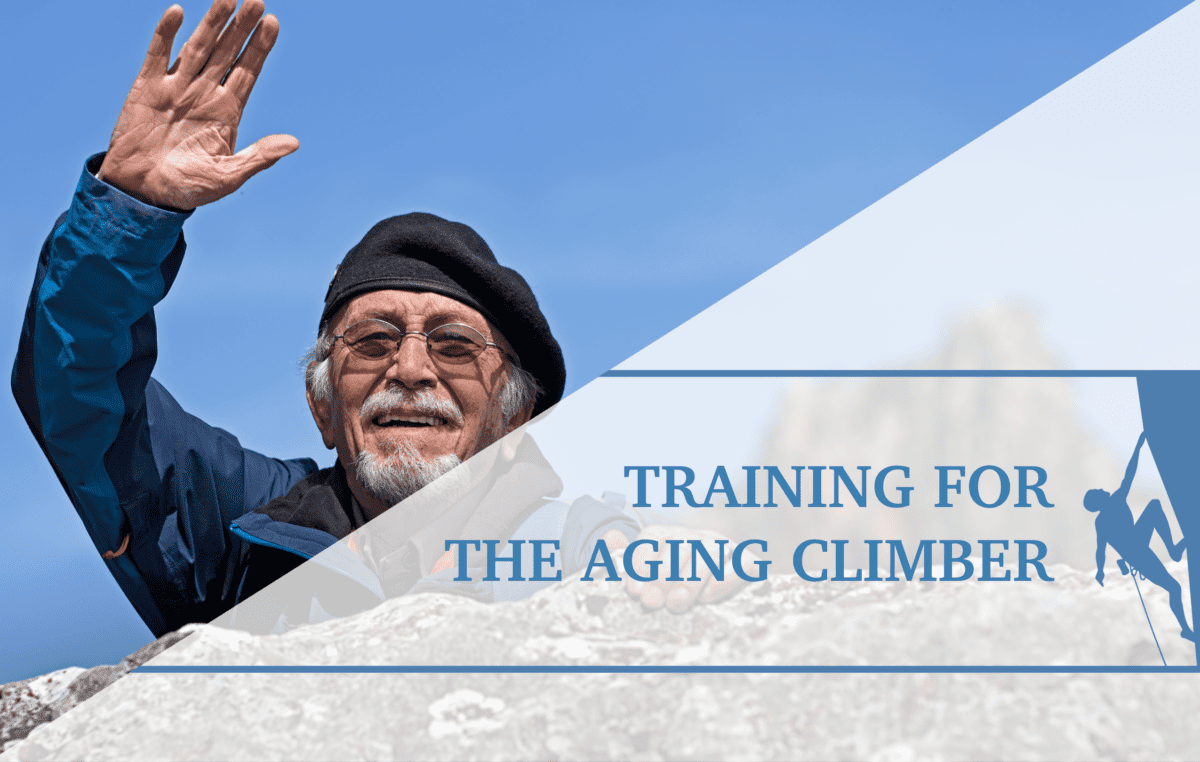Long Term Athlete Development
I am honored to be involved in the development of Canada’s Long Term Athlete Development document for Sport Climbing. Although my role was mostly consultative, I am extremely proud of the work. The document is the foundation for athlete development in both recreational and competitive indoor climbing. Climb for Life was initiated in 2015 to propel the project and the development of the document has been a collaboration with well-respected coaches, medical professionals, athletes and administrators. It is an invaluable resource for the development of youth climbers. Check out the entire 43-page document below.
Fullscreen ModeLong Term Athlete Development In Climbing Introduction:
This document is the foundation for athlete development in both recreational and competitive indoor climbing. Areas of focus include Bouldering, Speed and Difficulty (top rope or lead depending on categories). A focus on these three areas covers the current needs for indoor Sport Climbing in Canada.
To support the vision of climbing in the 2020 Olympics and beyond, facility owners, coaches and other sport leaders can use the fundamental concepts of LTAD presented here to build a solid foundation for the development of Sport Climbing in Canada. The Sport Climbing LTAD framework is a stage-based approach to athlete development, with 8 stages from birth and early childhood through to high performance and lifelong participation. Although currently most adult climbers participate in the sport recreationally, we now have a new generation of climbers that seek higher possibilities within the sport; Stage 7, “Winning for a Living” is reserved for these high performance adult climbers who are pursuing climbing professionally. By following this stage-based framework for development of our athletes, we can put in place aligned coaching, competition and other programs to expand and improve the quality of participation in the sport. LTAD is also a stepping stone to other exciting opportunities in Canada and internationally. Competition climbing now has a World Cup series, World Championships, is part of the World Games, and has been included in World University Games (Universiades), and World Beach Games. A major milestone is that competition climbing is also one of the five sports to be included in the Tokyo 2020 Olympic Games. This inclusion could potentially lead to the inclusion of Sport Climbing in the Pan American Games as well. The International Federation of Sport Climbing (IFSC) and the competition community is very excited about this and is working diligently to ensure that climbing competitions meet Olympic standards.
The Sport for Life Society (Canadian Sport for Life) is the architect of LTAD in Canada, and the source of numerous resources used in this guide. Some concepts that have been integrated into the Sport Climbing LTAD include Sport for Life’s Mental Fitness LTAD document, and the Aboriginal Sport for Life, Participant Development Pathway. While it addresses the needs of Aboriginal participants, it also contains valuable information for all sport enthusiasts. A downloadable version of the LTAD can be found at http://www.climbingcanada.ca/ltad-program/
- Disclaimer – The content here is designed for information & education purposes only and the content is not intended for medical advice.




